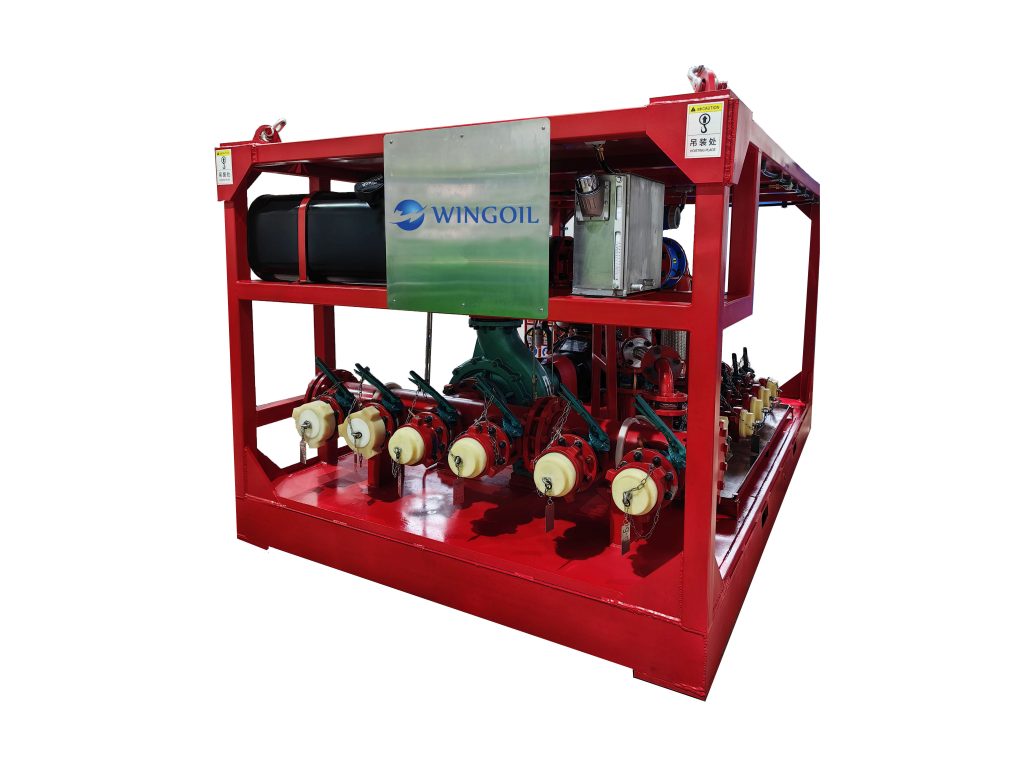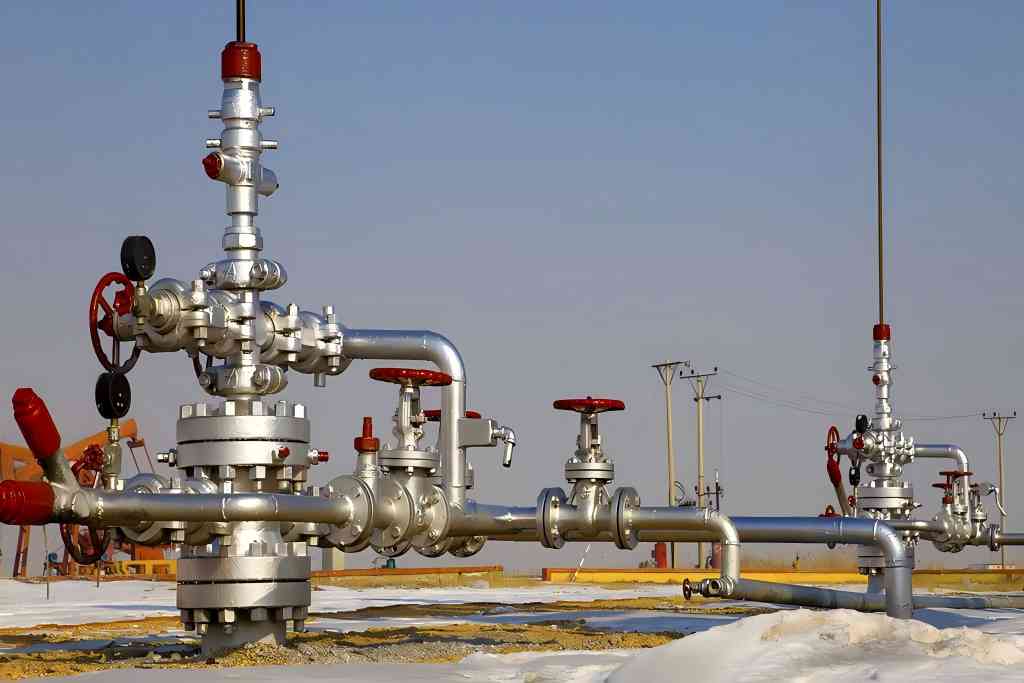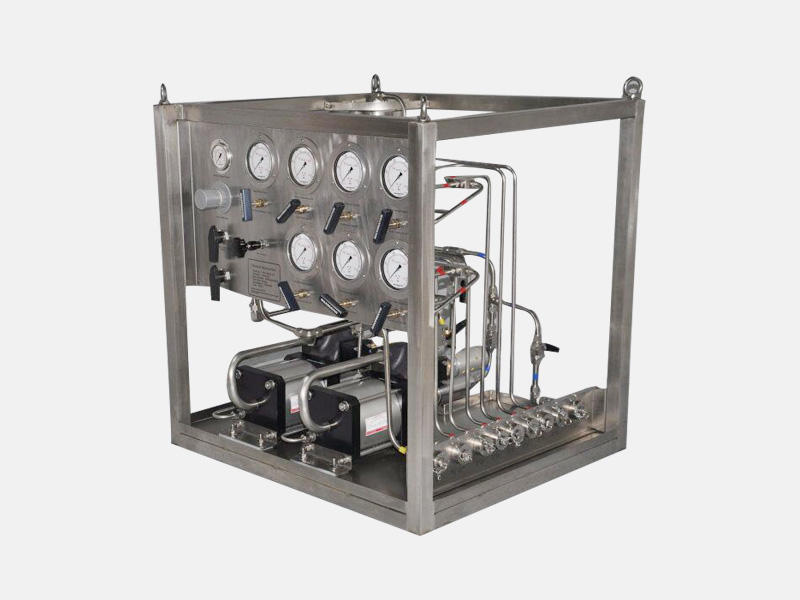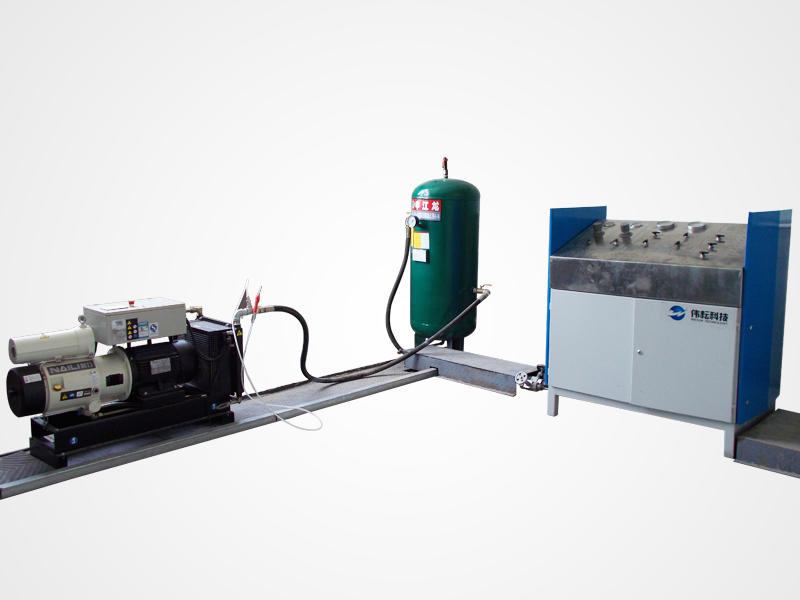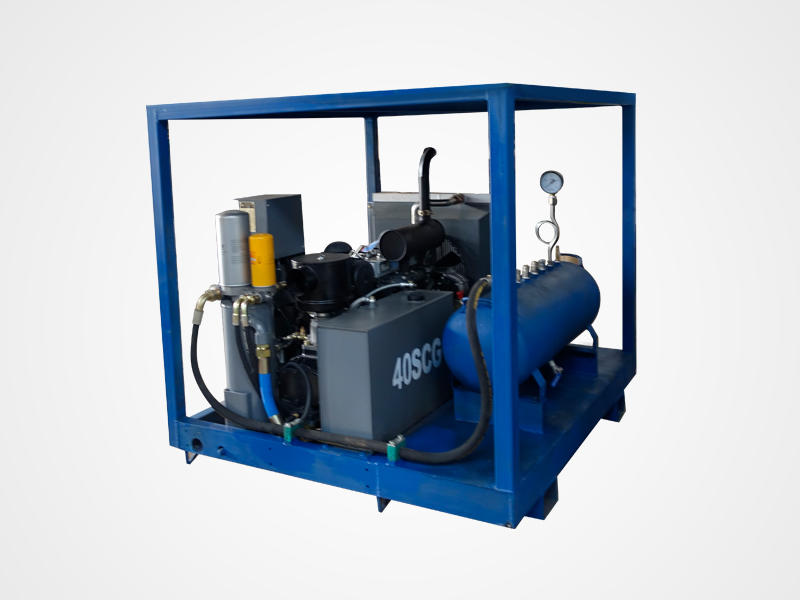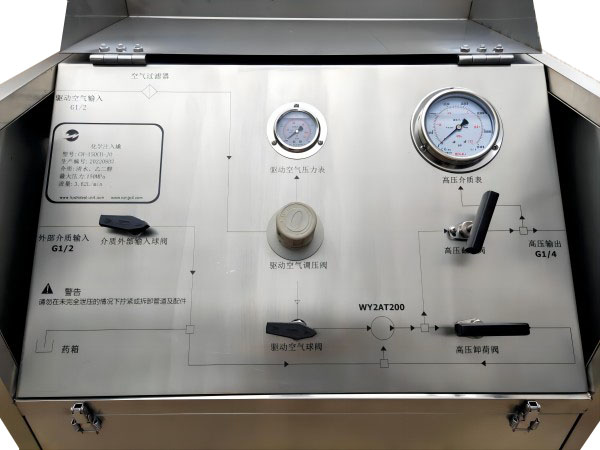What Chemical Injection Pumps Are Used For?
Introduction
Chemical injection pump systems are widely used in the world’s oil extraction and processing industries. The chemical injection pump system is mainly used to inject methanol or ethylene glycol into the fluid upstream of the oil nozzle manifold in oil production to prevent the formation fluid from freezing due to pressure drop, and to increase the reliability of the ground test system and the upper and lower oil nozzles. The pressure drop range of the oil (gas) well can resume normal operation.
What Are Chemical Injection Pumps?
Chemical injection pumps are made to increase pipeline throughput, and well production and prevent corrosion. Depending on the temperature and pressure the injection pump will be operating at, they operate under unique chemical and fluid requirements. Chemical injection pumps ultimately supply predetermined amounts of specified chemicals to the production system.
For the safe application of chemicals and the effective operation of oilfield systems, several processes are necessary. Chemical Injection Pumps are a prevalent system in the oil and gas sector in Canada. Solvents, de-salting agents, corrosion inhibitors, biocides, clarifiers, scale inhibitors, hydrate inhibitors, oxygen scavengers, surfactants, and other chemicals are some of the substances employed. Methanol is occasionally used to lessen freezing, which clogs pipes. Although this is a complicated subject, it is crucial to comprehend the various applications, constraints, and circumstances that affect how effectively these systems operate as a whole.

How Do Chemical Injection Pumps Work?
The chemical reagent is injected through the chemical injection hole on the data head. Usually, the chemical injection hole is equipped with a needle valve, a safety valve, and a check valve to ensure safety. Chemical injection systems are used in the process industry to inject liquid chemicals into return or injection fluids at high or low pressure in precise injection quantities. The chemicals injected into the return fluid are usually methanol, ethylene glycol, preservatives, oxygen scavengers, drilling fluid additives (caustic soda and liquid polymers), and defoamers. The chemical injection pump system can also be used to quantitatively deliver the reaction raw materials to the autoclave.

The chemical injection pump system consists of ultra-high pressure hydraulic parts, mechanical parts, and driving air parts. The hydraulic part provides the ultra-high pressure source for the chemical injection system, and the driving air part provides the power source for the whole system. The maximum working pressure of the chemical injection system is 1,050 bar. The high-pressure circuit has filtering and over-pressure protection devices and has oil level and pressure display functions, as well as pressure maintaining and unloading functions. The driving air part provides the driving power source for the whole system. The maximum working pressure of the driving air circuit is 10 bar. The driving air circuit has filtering and overpressure protection devices and has the function of pressure display and pressure adjustment.
Features Of Chemical Injection Pumps
The chemical injection pump unit is equipped with multiple outlets, which can inject multiple wells at the same time. Each chemical injection pump operates separately, and each channel does not interfere with the other. The flow rate of chemical injection can be read by a flow meter at the inlet of the gas drive pump.
The drive circuit is a pneumatic circuit, and its medium is clean natural gas, which avoids the leakage of hydraulic pressure. It is more economical and energy-saving to use natural gas on site.
The high-pressure circuit is a hydraulic circuit, and its medium is clean methanol/ethylene glycol. The system uses a gas-driven liquid pump to provide the pressure source. When the system pressure is lower than the set value, the gas-driven liquid pump can automatically replenish.
The drive circuit and the high-voltage circuit are provided with overvoltage protection to protect the components from damage.
The equipment is made of 304 stainless steel, with an anti-collision frame and structural skid, to meet use in outdoor environments.
The system is equipped with a drive air filter and a liquid inlet filter to ensure the cleanliness of the medium and ensure the normal and reliable operation of each element.
The liquid level indicator of the liquid storage tank can display the liquid level in real-time.
There is a drain valve on the liquid storage tank.
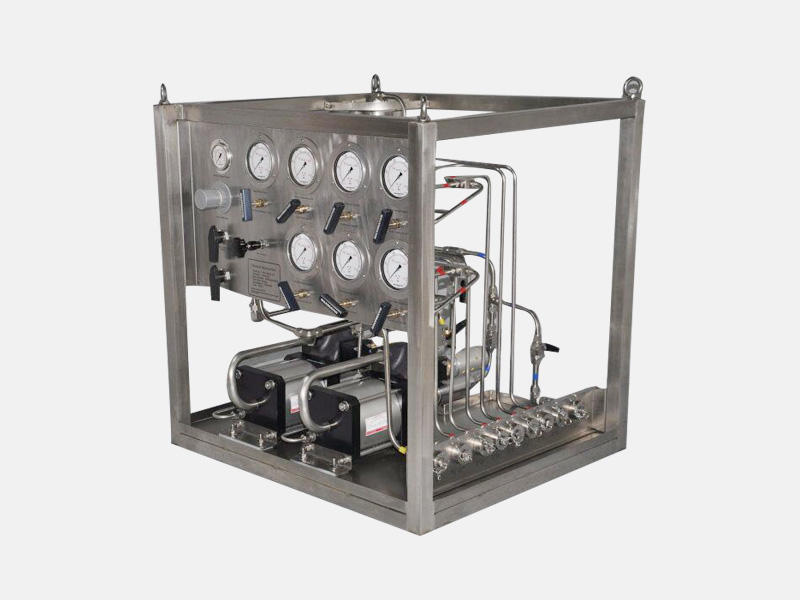
Uses Or Applications Of Chemical Injection Pumps
- Agriculture
- Chemical manufacturing and processing.
- Oil & gas production
- Cryogenics
- Automotive
- Pulp and paper manufacturing
- Food processing
- Semiconductors
About WINGOIL Manufacturing
WINGOIL is a locally owned manufacturing and distribution company. We produce and distribute goods for gas and water distribution, pipeline upkeep, construction, and oilfield production. We offer the top Chemical Injection Systems product line. To keep your systems functioning at their best, we also provide the best maintenance strategies and practices. Please contact us freely to speak with WINGOIL Manufacturing’s expertise in chemical injection pumps.

